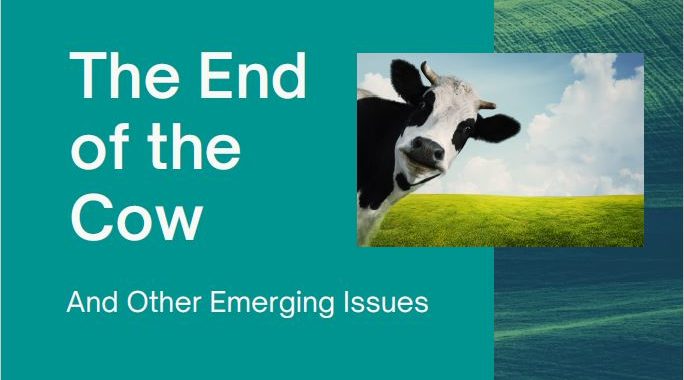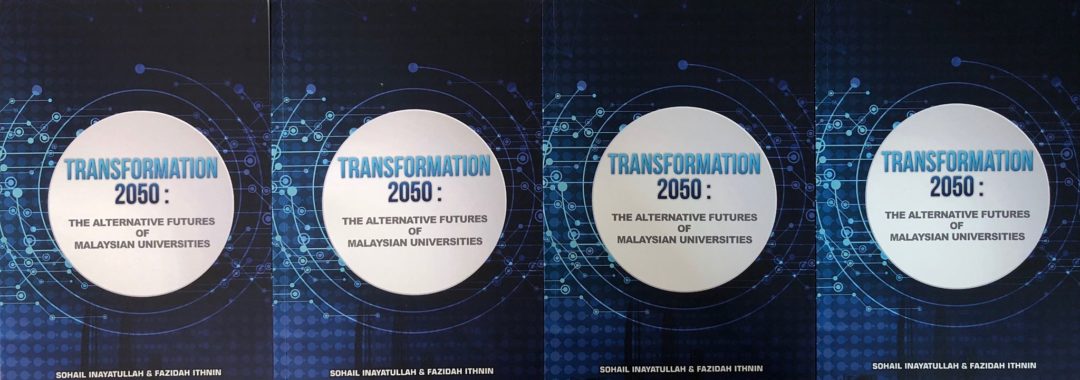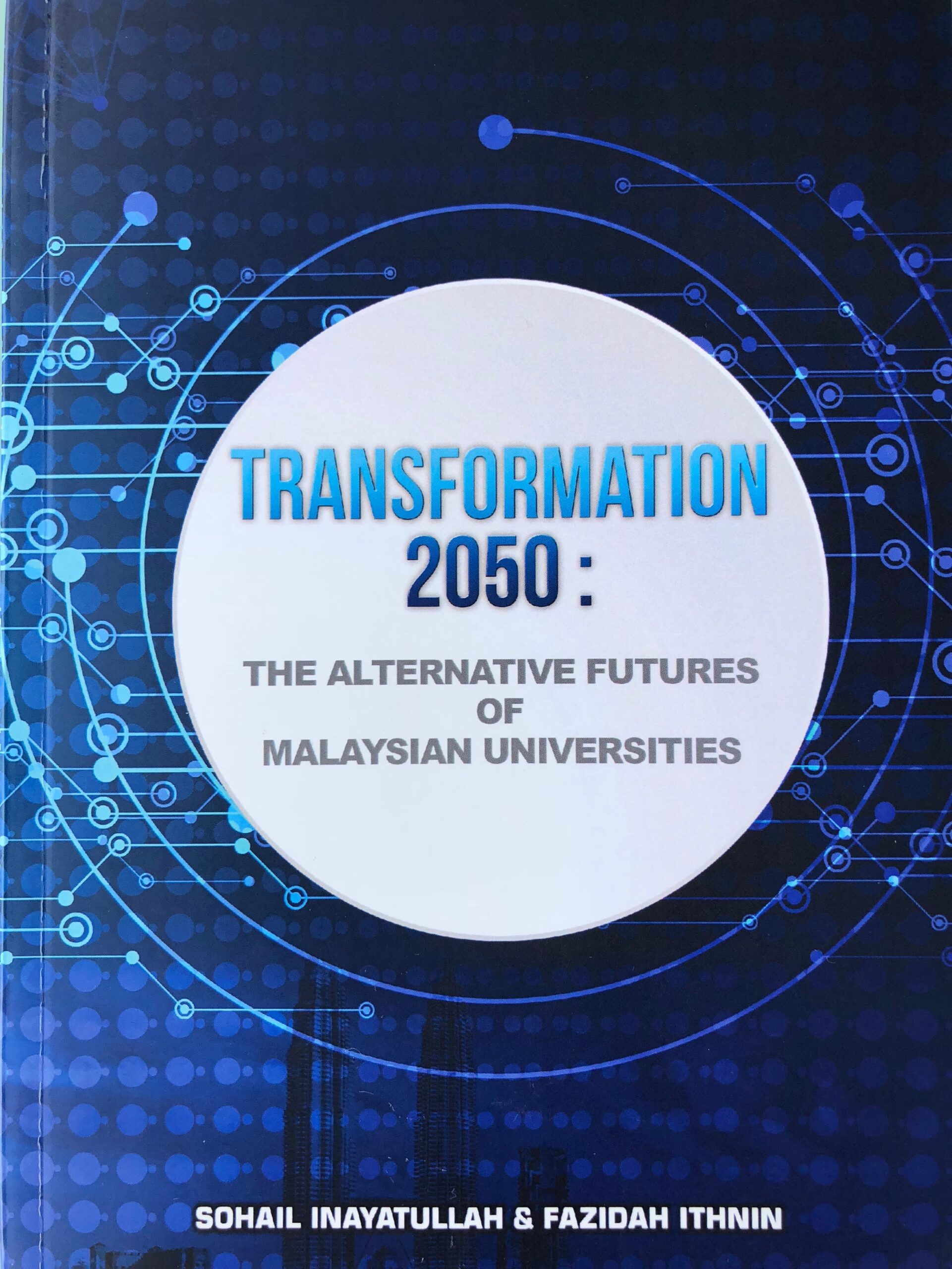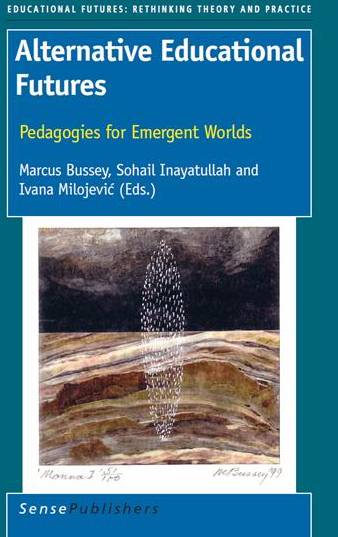The University in Transformation: Global Perspectives on the Futures of the University
Edited by Sohail Inayatullah and Jennifer Gidley
Bergin & Garvey. Westport, Conn. 2000. 280 pages
LC 99-16061. ISBN 0-89789-718-8. H718
Contributing Authors:
Tom Abeles, Marcus Bussey, James Dator, James Grant, Anne Hickling-Hudson, Greg Hearn, Patricia Kelly, Peter Manicas, Ivana Milojevic, Shahrzad Mojab, Ashis Nandy, Deane Neubauer, Patricia Nicholson, David Rooney, Tariq Rahman, Michael Skolnik, Philip Spies and Paul Wildman.
Book Summary
Taking a long-term historical and future perspective on the university is critical at this time. The university is being refashioned, often by forces out of the control of academics, students, and even administrators. However, there remain possibilities for informed action, for steering the directions that the university can take. This book maps both the historical factors and the alternative futures of the university. Whereas most books on the university remain focused on the European model, this volume explores models and issues from non-Western perspectives as well.
Inayatullah and Gidley draw together essays by leading academics from a variety of disciples and nations on the futures of the university, weaving historical factors with emerging issues and trends such as globalism, virtualization, multiculturalism, and politicization. They attempt to get beyond superficial debate on how globalism and the Internet as well as multiculturalism are changing the nature of the university, and they thoughtfully assess these changes.
Table of Contents
INTRODUCTION
Forces Shaping University Futures by Sohail Inayatullah and Jennifer Gidley
WESTERN PERSPECTIVES ON THE FUTURES OF THE UNIVERSITY
University Traditions and the Challenge of Global Transformation by Philip Spies
Higher Education at the Brink by Peter Manicas
Will the Future Include Us? Reflections of a Practitioner of Higher Education by Deane Neubauer
The Virtual University and the Professoriate by Michael Skolnik
The Futures for Higher Education: From Bricks to Bytes to Fare Thee Well by Jim Dator
Why Pay for a College Education? by Tom Abeles
Of Minds, Markets and Machines: How Universities might transcend the Ideology of Commodification by David Rooney and Greg Hearn
At the Edge of Knowledge-Towards Polyphonic Multiversities by Paul Wildman
NON-WESTERN PERSPECTIVES ON THE FUTURES OF THE UNIVERSITY
Recovery of Indigenous Knowledge and Dissenting Futures of the University by Ashis Nandy
Pakistani Universities: Past, Present, and Future by Tariq Rahman
Civilizing the State: the University in the Middle East by Shahrzad Mojab
Scholar Activism for a New World: The Future of the Caribbean University by Anne Hickling-Hudson
Internationalizing the Curriculum-for Profit or the Planet? by Patricia Kelly
ALTERNATIVE UNIVERSITIES
The Crisis of the University: Feminist Alternatives for the 21st Century and Beyond by Ivana Milojevic
Homo Tantricus: Tantra as an Episteme for Future Generations by Marcus Bussey
Universities Evolving: Advanced Learning Networks and Experience Camps by Patricia Nicholson
Consciousness-Based Education: A Future of Higher Education in the New Millennium by James Grant
TRANSFORMATIONS OF THE UNIVERSITY
Corporate Networks or Bliss for All: The Politics of the Futures of the University by Sohail Inayatullah
Unveiling the Human Face of University Futures by Jennifer Gidley
Comments On The University In Transformation
This book is admirably comprehensive. Its authors look at the impact on universities of all the major trends of our times. Even better, they go beyond the usual western focus and attempt a genuinely world view. A very stimulating contribution to the debate.
Sir John Daniel, Vice-Chancellor, The Open University
Sohail Inayatullah and Jennifer Gidley have responded to the present crises of higher education by bringing together a must-read collection of papers. Firmly grounding their work on past trends, both the Western and Non-Western authors of these papers challenge conventional thinking as they explore possible, probable, and preferable futures for the university. A first-rate piece of work that might help us avoid a potential coming educational catastrophe.
Professor Wendell Bell, Emeritus Professor of Sociology, Yale University
…University in Transformation is highly recommended as an engaging, informative, and visionary text for those concerned with the critical role of universities in personal and national development in the 21st century.
Professor Robert Arnove, Professor of International and Comparative
Education, Indiana University, Bloomington
This book is a `must’ reading for all professionals in higher education and those policy makers who have influence upon the direction of higher education in the U.S. as well as other countries….While thoughtful in insight, it is also practical in ideas. Anyone who reads it will come away with the importance of higher education and its role in building a global society where humanity will ultimately prevail.
Professor Glenn K. Miyataki, President, The Japan-America Institute of
Management Science, Honolulu, Hawaii
A very impressive collection… This book arrives just-in-time for universities that want a future.
Gordon Prestoungrange, Global President, International Management Centers
This is an interesting and thought-provoking book that gives other perspectives to the important debate on the role and effectiveness of the university in modern society.
Professor John Rickard
Vice-Chancellor, Southern Cross University
Gidley and Inayatullah give equal weight to non-Western perspectives and … “alternative universities.”
Warren Osmond
Editor, Campus Review
Editors Inayatullah and Gidley have created a solid collection of significant if tantalizing essays addressing the basic question: Can–or should–the university as we have known it continue to exist in view of new forces engulfing the world? They observe an increasingly multicultural, globalized, and politicized world in which the Internet can virtualize a university’s walls. Will technologies reach Third World universities and modernize them, make them more open, less parochial, and more inclusive? As the university becomes more tied to the corporate world in a globally capitalist system, will it abandon its noble purpose as a repository of truth and knowledge and lose its potential to transform society? These are among the questions discussed.
The authors, most of them Futurists, all agree that within the near future universities will be radically transformed. Some predict that in market-driven universities tenure, academic freedom, and commercially nonviable disciplines will evaporate and student-teacher contacts will dwindle in an atmosphere of human redundancy. Others see bright futures for alternative universities in which information technology and virtualization will play major roles. Optimists, they see current trends not as threats but as opportunities for professors, administrators, and policy shapers. The book, well organized and edited, will be especially valuable for graduate students in postsecondary education.
O. Ulin, University of North Carolina at Chapel Hill
Choice Magazine (Current reviews for Academic Libraries, published by the American Library Association) October, 2000
Purchase via Amazon




